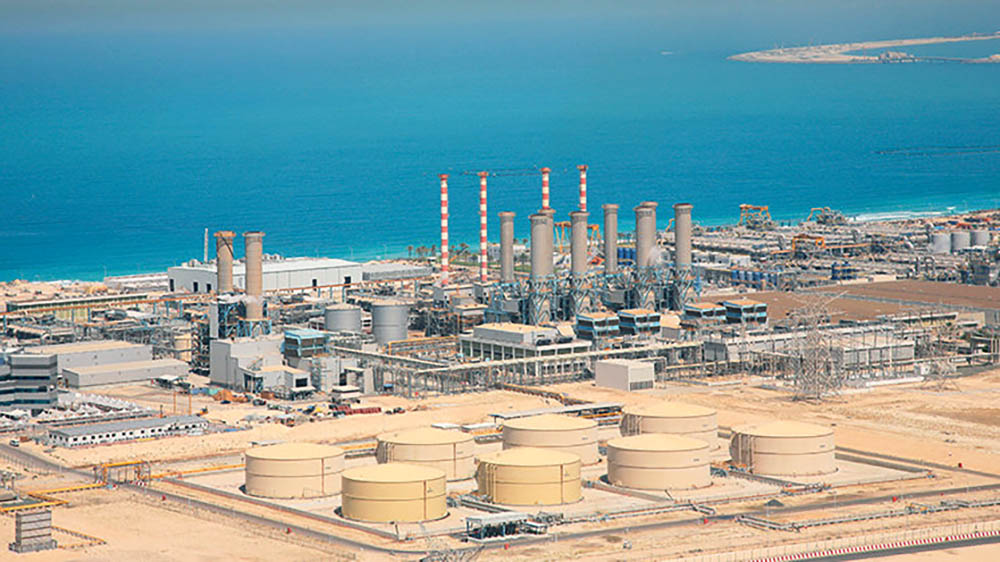Águas do Algarve has already submitted to the Portuguese Environment Agency (APA) the Environmental Impact Study of the future desalination plant in the Algarve, for that entity to assess and pronounce on it.
The proposal in question, as it was already public, provides that the infrastructure, which will cost around 50 million euros and will be fully financed by the Recovery and Resilience Plan, be built in the municipality of Albufeira.
«After the Environmental Impact Assessment (AIA) to be carried out by the APA, the issuance of the Environmental Impact Statement (DIA) is expected, which will allow for the tender for the construction work to proceed», summarizes Águas do Algarve.
The project for the Sea Water Desalination Station in the Algarve « foresees an increase in the resilience of water resources, through an increase in water availability and the connection between systems on the rise, by around 16 hm3/year».
This project is part of the Algarve Regional Water Efficiency Plan, being one of the Investments foreseen in Component C09 – Water Management of the Recovery and Resilience Plan (PRR).
«This is the implementation of an alternative capable of guaranteeing the resilience of the public supply to the population of the Algarve region, even in periods of prolonged drought, aiming to guarantee the availability of water for current and future consumption», says the company.
The project will also make it possible to «increase the resilience of the public water supply system for the whole of the Algarve, taking into account the seasonal behavior of verified consumption and the fact that the water from the desalination process will feed the distribution system managed by Águas do Algarve to serve the region».
The planned measures to give more resilience to the water supply system in the Algarve, which include desalination, the production of water for reuse and the reinforcement of the capacity to regulate the storage systems, along with contingency measures to limit the increase of demand and control of groundwater abstraction, «will guarantee an increase in average annual water availability of 17 million cubic meters already in 2023, totaling an accumulated annual increase of about 62 million cubic meters in 2026 in the entire region of the Algarve».



















Comments